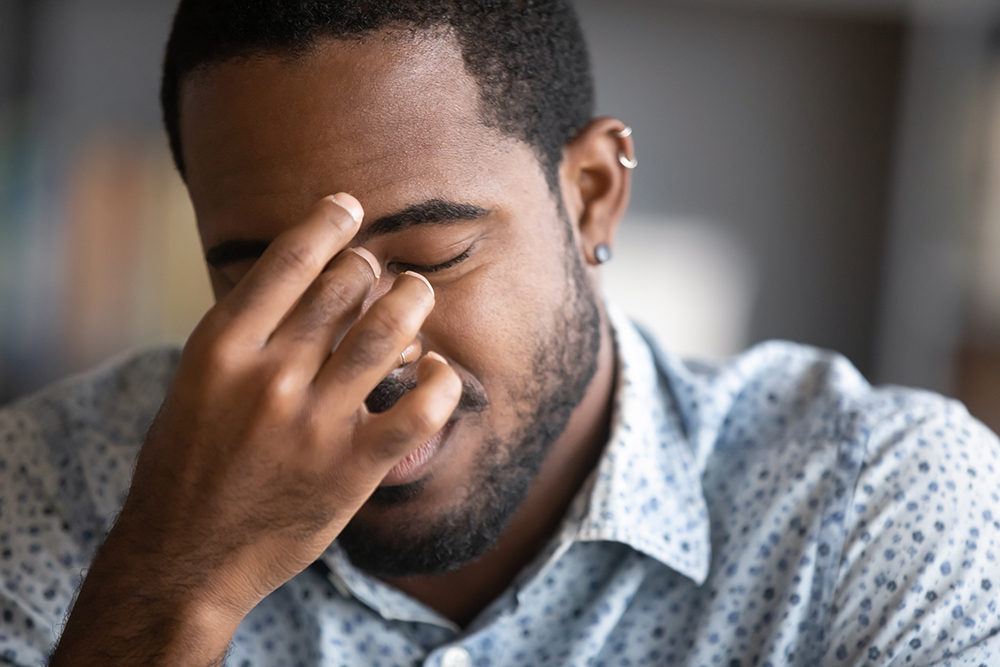Your doctor may prescribe you benzodiazepines, or “benzos,” to manage anxiety, insomnia and seizures. While they can be effective when used as directed, they also carry a high potential for addiction. The risks of benzodiazepine misuse are significant on their own, but combining them with alcohol increases the dangers exponentially.
The medical professionals at Hemet Valley Recovery Center & Sage Retreat believe education is vital for promoting safety and recovery. Let’s explore why benzodiazepines are addictive and the risks of mixing them with alcohol.
Why Are Benzodiazepines Addictive?
Benzodiazepines work by enhancing the effects of a neurotransmitter called gamma-aminobutyric acid. Their calming effect makes them a valuable tool for treating anxiety and other conditions. However, the way these drugs affect the brain also contributes to their addictive potential.
- Rapid onset of tolerance: As your body adapts to benzodiazepines, you will eventually need higher doses to achieve the same calming effect.
- Euphoria and relaxation: Benzodiazepines can create intensely pleasurable feelings, causing a powerful temptation to misuse them.
- Dependence: Over time, your brain will become reliant on benzodiazepines to regulate GABA levels. When you stop taking your medication, withdrawal symptoms like anxiety, insomnia, and even seizures can occur, making it challenging to quit without medical support.
Why Do People Mix Benzodiazepines With Alcohol?
Like benzodiazepines, alcohol enhances GABA activity in the brain, relieving stress and calming racing thoughts. People may combine these two drugs to enhance the desired effects or cope with anxiety, depression and other mental health issues.
Sometimes, people may see no harm in having a beer or glass of wine without realizing the risks of doing so while taking prescription benzodiazepines.
The Dangers of Mixing Benzodiazepines and Alcohol
Combining benzodiazepines and alcohol is extremely dangerous. Since these substances are central nervous system depressants, taking them together has a synergistic effect, meaning they multiply each other’s impact.
- Severe respiratory depression: Both substances slow breathing. When taken together, this can lead to dangerously low oxygen levels or even respiratory arrest.
- Increased risk of overdose: The combination can lead to loss of consciousness, coma or death, even at doses that may not seem high when taken individually.
- Impaired judgment: Mixing alcohol and benzodiazepines significantly impairs your judgment, coordination and reaction time, increasing the risk of accidents and injuries.
- Heightened dependence: Using these substances together can speed up the development of physical and psychological dependence, making recovery even more challenging.
- Worsened withdrawal symptoms: Withdrawing from either benzodiazepines or alcohol can be challenging enough. If you’ve used them simultaneously for a long period, symptoms like seizures, delirium tremens and intense anxiety can be life-threatening without medical intervention.
Safely Breaking the Cycle
Professional help is available for benzodiazepine and alcohol misuse. Hemet Valley Recovery Center & Sage Retreat offers comprehensive, hospital-based care to address the unique challenges of addiction. Our experienced medical professionals provide 24/7 monitoring, medically managed detox and personalized drug and alcohol addiction treatment plans to guide you toward recovery in a comfortable, judgment-free environment.
Contact us today to learn how we can help you regain control and start a healthier, substance-free life.


